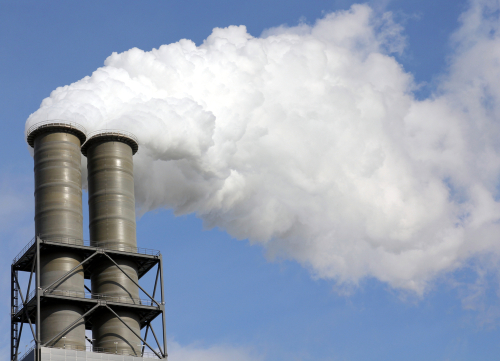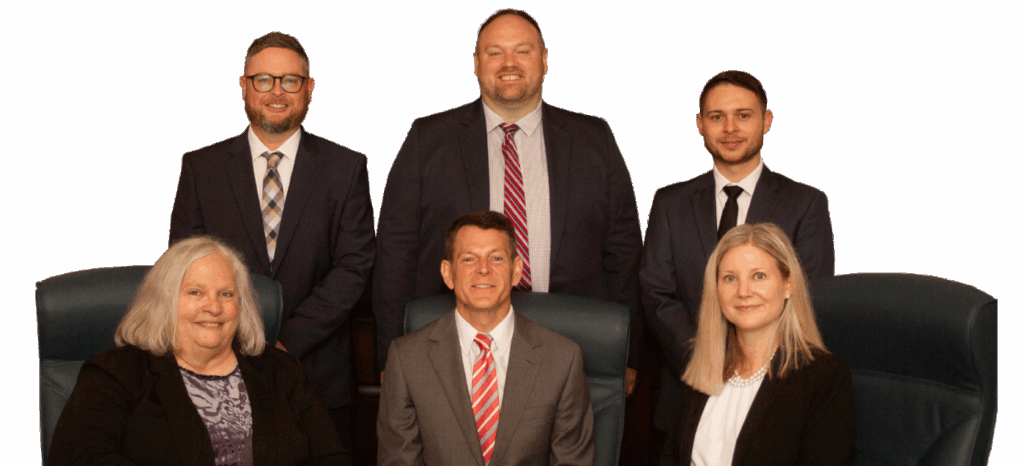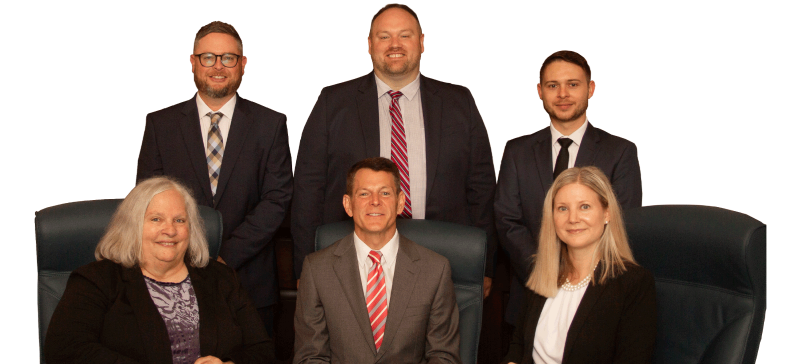
Black Lung Benefits Take a Hit from State Workers’ Compensation Measure
Coal workers’ pneumoconiosis (CWP), also known as black lung disease, is a complicated fatal disease that has been responsible for the deaths of about 78,000 coal miners since the late 1960s. A new tweak to a Kentucky law has caused an uproar with coal workers believed to be battling the disease and seeking benefits to support their state workers’ compensation claims. The new measure is aimed to prevent federally-certified radiologists from judging X-rays in state black lung compensation claims, leaving diagnoses of the deadly disease mostly to pulmonologists who are clinicians that specialize in the lungs and respiratory system, but some believe not necessarily trained in the most effective ways to read an X-ray. Several, but not all of these doctors, also work for coal companies, which raises questions about their loyalty to susceptible black lung patients. Prior to the new measure, radiologists were able to diagnose the disease and workers were able to receive a diagnose quickly.
The changes were included in House Bill 2, Kentucky’s workers’ compensation law which supports medical and wage replacement benefits for miners suffering from black lung. Most reputable health experts believe black lung disease can be prevented if the level of respirable coal dust was better controlled in mines. Coal miners wear masks to avoid breathing dust that is generated during mining, but these preventative measures have been known to fail. Breathing in coal dust causes black lung, the incurable disease that chokes off breathing and often leads to other diseases and premature death.
Black Lung Clusters Break Out While Diagnosis Resources Deplete
Kentucky’s workers’ comp coverage could be very challenging for hard-working coal miners who have suspected black lung to receive, even though it was recently discovered that black lung disease has made a comeback. Epidemiologists identified the largest cluster of advanced black lung disease ever reported in central Appalachia from 2013 to 2017. Research concluded and confirmed 416 cases of progressive massive fibrosis or complicated black lung in three clinics that treat coal miners mostly from Virginia, Kentucky and West Virginia. Here is a brief recap of the National Institute for Occupational Safety and Health (NIOSH) review.
- A clinic in Coal Run Village, was the focus of a 2016 study by epidemiologists from the National Institute for Occupational Safety and Health (NIOSH). Clinicians verified 60 cases of complicated black lung that had been diagnosed in a period of about 20 months in 2015 and 2016.
- NIOSH had previously reported nearly 1,000 cases across central Appalachia.
- NIOSH epidemiologists declare it the worst epidemic of complicated black lung they’d ever seen.
- Nearly all the Kentucky miners, who had progressive massive fibrosis, were from Pike, Floyd, Letcher and Knott counties.
- Researchers identified a number of factors driving the increase in black lung, including miners working longer shifts; increased mining of thinner coal seams in Central Appalachia, which requires cutting through more rock; inadequate dust-control rules; and failure by coal companies to comply with the rules.
Illnesses that develop during employment, such as coal workers’ black lung disease are covered by workers’ compensation because this occupational tragedy develops over time from an employee being exposed to toxins at work. Workers who suffer from black lung disease are eligible for both federal and state compensation but getting benefits through both outlets can take years. Many miners die before they receive them. House Bill 2’s new measure is likely to add even more heartache and painful waiting for black lung disease victims.
Coal Mining-Related Respiratory Diseases
With the help of the Centers for Disease Control and Prevention (CDC), the team at Rhoads & Rhoads would like to share more information about the most common coal mining-related respiratory diseases Kentucky workers face. These diseases can affect the gas exchanging tissues of the lungs responsible for removing carbon dioxide and take up oxygen. The diseases can also affect the lung passages (airways) that carry air back and forth during breathing. Depending on what is in the coal mine dust that is inhaled and the part of the lung that is affected, coal miners may develop several different types of respiratory diseases. The CDC says:
- “Pneumoconiosis refers to fibrotic (scarring) disease of the lung tissue caused by inhalation of respirable-sized mineral dusts. The primary pneumoconiosis seen in coal miners are coal workers’ pneumoconiosis and silicosis. Asbestosis is another type of pneumoconiosis, usually seen in other work settings.
- Coal Workers’ Pneumoconiosis (CWP), commonly referred to as black lung, is a type of pneumoconiosis caused by inhaling respirable coal mine dust.
- Silicosis is a type of pneumoconiosis caused by inhaling respirable crystalline silica. Silicosis is especially seen in coal miners who are exposed to rock dust, such as roof bolters in underground mines and drillers in surface mines.
- Chronic Obstructive Pulmonary Disease (COPD) is a progressive disease that increases airways resistance. This limits the amount of air that can be moved into and out of the lungs. COPD includes chronic bronchitis and emphysema.”
Illnesses that develop during employment are covered by workers’ compensation because this occupational tragedy develops over time from an employee being exposed to toxins at work. Workers who suffer from black lung disease or other illnesses are eligible for both federal and state compensation but getting benefits through both avenues can take years. Sadly, too many Kentucky miners will die before they receive them. House Bill 2’s new measure is likely to add even more heartache and painful waiting for black lung disease victims and their families.
Western Kentucky Wrongful Death Lawyers – Working for Kentucky Laborers
Rhoads & Rhoads is no stranger to representing Kentucky coal workers who have been injured, suffered an illness, disabled, or killed on the job. In fact, in 1974 Jerry Rhoads started the law firm in Madisonville with the majority of the practice focusing on representing the United Mine Workers’ of America (UMWA) and its workers in injury and black lung claims throughout western Kentucky. While the firm now handles personal injury and worker wrongful death cases of all types, our experienced attorneys and their staff continue to help some of the state’s hardest working laborers – the Kentucky coal workers.
If you are battling a black lung claim or lost a loved one due to a coal mining related illness, we want to help you. Call us at 888-709-9329 or contact us by e-mail to schedule an appointment.


